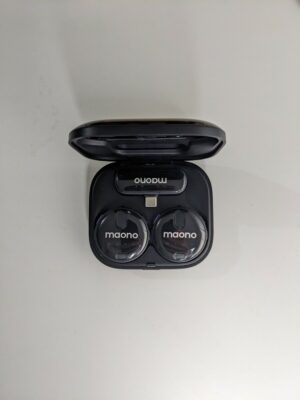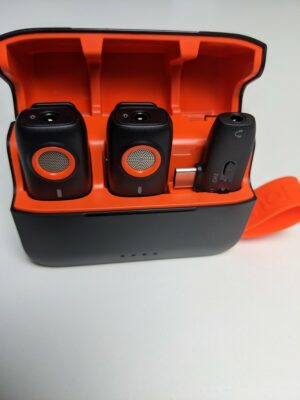
Maono WM620 Lavalier Wireless Microphone Review!
Below I will give a complete review of the Maono WM620 Lavalier Wireless Microphone. Although I was sent the microphone for free, that will not

In 2018, I streamed on Twitch for the first time. I had lots of questions about Twitch, OBS, PC hardware, what I needed to stream, and how to use overlays.
At the time, there wasn’t much available on the web to help beginner streamers like myself. So, I launched Streamers Playbook as a way to share what I’ve learned about streaming and to give back to the streaming community.
Streamers Playbook is the premier resource for streaming tips, tutorials, hardware recommendations, and so much more.
I hope you find my site helpful as you embark on your streaming journey 🙂
Streamers Playbook is produced by a team of gamers, streamers, writers, programmers, and nerds. Read our story here.

Below I will give a complete review of the Maono WM620 Lavalier Wireless Microphone. Although I was sent the microphone for free, that will not

In the world of content creation, audio quality often makes the difference between amateur and professional productions. That’s why the Hohem MIC-01 Lavalier Microphone is

For digital content creators seeking unparalleled audio quality, the Hollyland Lark M2 Wireless Lavalier Microphone is a game-changer, effortlessly adapting to iPhones, Androids, cameras, and

I was sent the Hollyland Mars M1 Enhanced Wireless Monitor to review, and although I received the item for free, it will not impact my

I was recently sent the Hohem iSteady MT2 Camera Gimbal to review, and although I did receive the item for free, that will not effect

I was recently sent the Hollyland Lark Max Wireless Lavalier Microphone to review. Although the mic was sent to me for free, that will not
